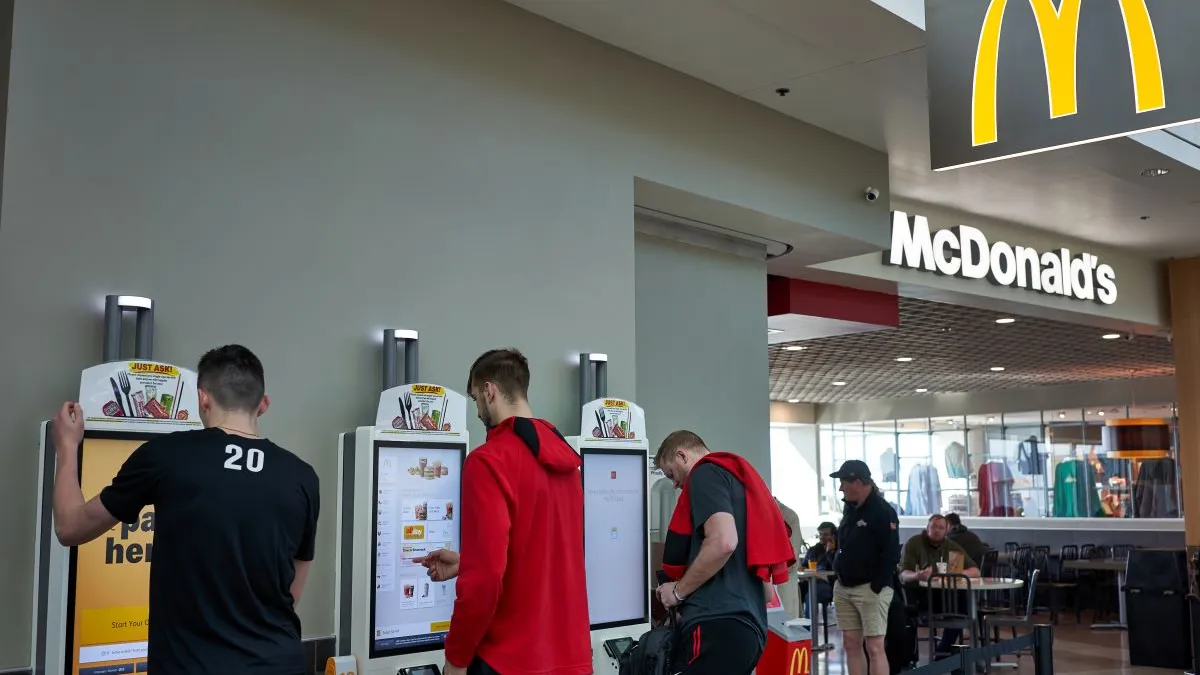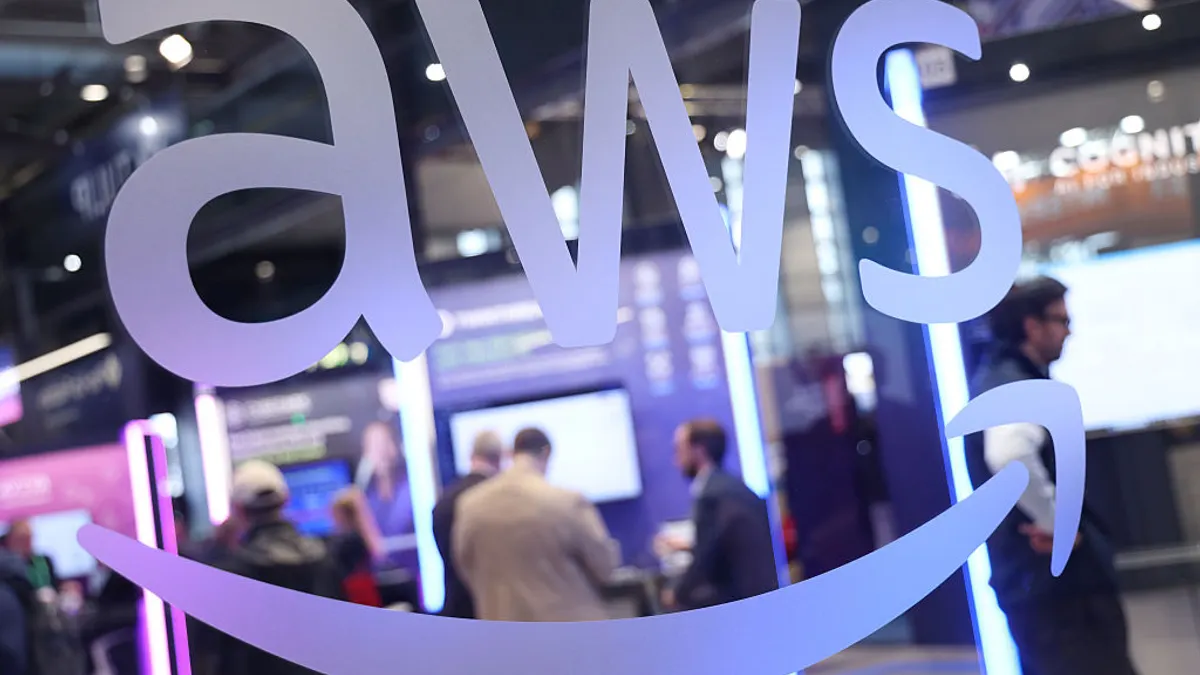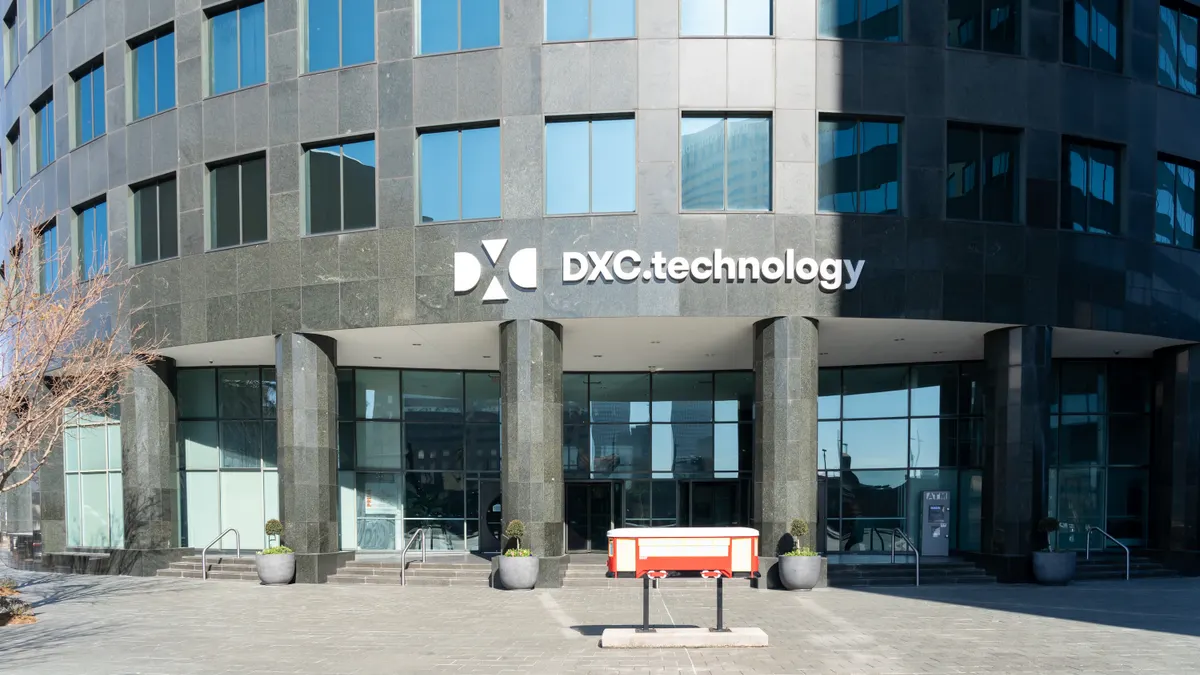Fast food companies continue to ramp up AI projects and invest in technology as headwinds threaten momentum.
The restaurant industry had a rough financial start to 2025, with most companies experiencing sales dips and drops in traffic. In a challenging macroeconomic environment, AI has become an alluring addition to operations.
McDonald’s, Chipotle and Yum Brands are embedding the technology into workflows to streamline processes, save costs and improve customer and employee experiences.
As part of a Google Cloud partnership that started in 2023, McDonald’s has deployed edge computing in hundreds of U.S. restaurants and is beginning to extend it internationally.
“Edge is the digital foundation for the next generation of restaurant innovation that powers AI and internet of things-enabled restaurants,” CEO Chris Kempczinski said during the quick service restaurant’s Q2 2025 earnings call Wednesday. “The expected benefits are many: increased restaurant uptime and enhanced customer and crew experience, improved food quality and cost savings opportunities.”
McDonald’s is also working to add AI in restaurants to predict when equipment is in need of servicing and alert shift managers. While still in the early stages, Kempczinski said he expects capabilities to roll out in the next couple of years.
“It's going to improve the restaurant experience for the crew person, and it needs to be able to deliver cost savings [and] productivity to the franchisee to ultimately enable the investment that goes behind these things,” Kempczinski said.
Internally, the company is updating internal systems, such as those within HR and finance.
“All of those things are coming to the fore,” Kempczinski said. “We're probably most advanced on the consumer side, [but] I think you're going to see the restaurant and company platform benefits emerge over the next couple of years.”
McDonald’s saw its U.S. sales increase by 2.5% during the period, which ended June 30, a change in momentum following a two-quarter slide.
“At McDonald's, digital isn’t just a buzzword — it’s the engine powering how we scale smarter, serve better and move faster to grow our business,” EVP and Global CIO Brian Rice said in an Aug. 6 LinkedIn post. “I was thrilled to hear our CEO Chris Kempczinski say just that in today’s earnings call, highlighting the work of teams across the business.”
Yum Brands touted its technology projects in its recent earnings call, too.
The Taco Bell, Pizza Hut and KFC parent company credited AI with adding a “massive” strategic advantage in personalized advertising and marketing, as well as accelerating the business’ innovation timeline via developer tools, executives said during the call last week.
“We are always looking to raise the bar,” Chief Financial and Franchise Officer Christopher Lee Turner said. “We have exciting plans for the next six months, including expanding our internally developed voice AI solution developed on the Nvidia stack to our first drive-thru restaurant in Q3.”
AI is already informing decisions and shaping routines across more than 30,000 of Yum Brands’ restaurants via its proprietary technology platform Byte, which leverages technology the company recently acquired.
“We're focused on simplifying the restaurant team member experience through solutions like Byte Kitchen and Fleet, Byte Coach and Byte Inventory,” Turner said. “The significant adoption of Byte Coach [an AI assistant] across our system provides us with a scalable platform to deliver AI recommendations that take the guesswork out of running a restaurant.”
Yum saw same-store sales rise 4% for Taco Bell, but KFC and Pizza Hut had 5% same-store sales slumps. The Habit Burger Grill, which Yum Brands acquired in 2020, experienced a same-store sales decline of 4%.
Chipotle also felt the weight of a challenging environment, but executives are still prioritizing technology investments.
The restaurant reported a 4% dip in same-store sales in Q2, after experiencing a decline in Q1. The second quarter, which ended June 30, marked one of the brand’s worst for comparable sales growth since 2020, Restaurant Dive reported.
“While we experienced a slowdown in our underlying trend in May, we did see momentum build as we rolled out our summer marketing initiatives and leaned into hospitality,” CEO Scott Boatwright said during the Q2 2025 report.
The company sees AI as a lever to bring better experiences and improve customer engagement. Chipotle saw about a 46% uplift in platform engagement after deploying an AI assistant to customers, according to Boatwright.
“We also recently opened a new restaurant innovation space, where we have a team working on emergent technology that rethinks our tools and processes holistically rather than as bolt-on additions,” Boatwright said. “We aim to identify the ideal technology and operating model to enhance culinary standards, improve the team and guest experience and drive higher returns in our restaurants.”
























